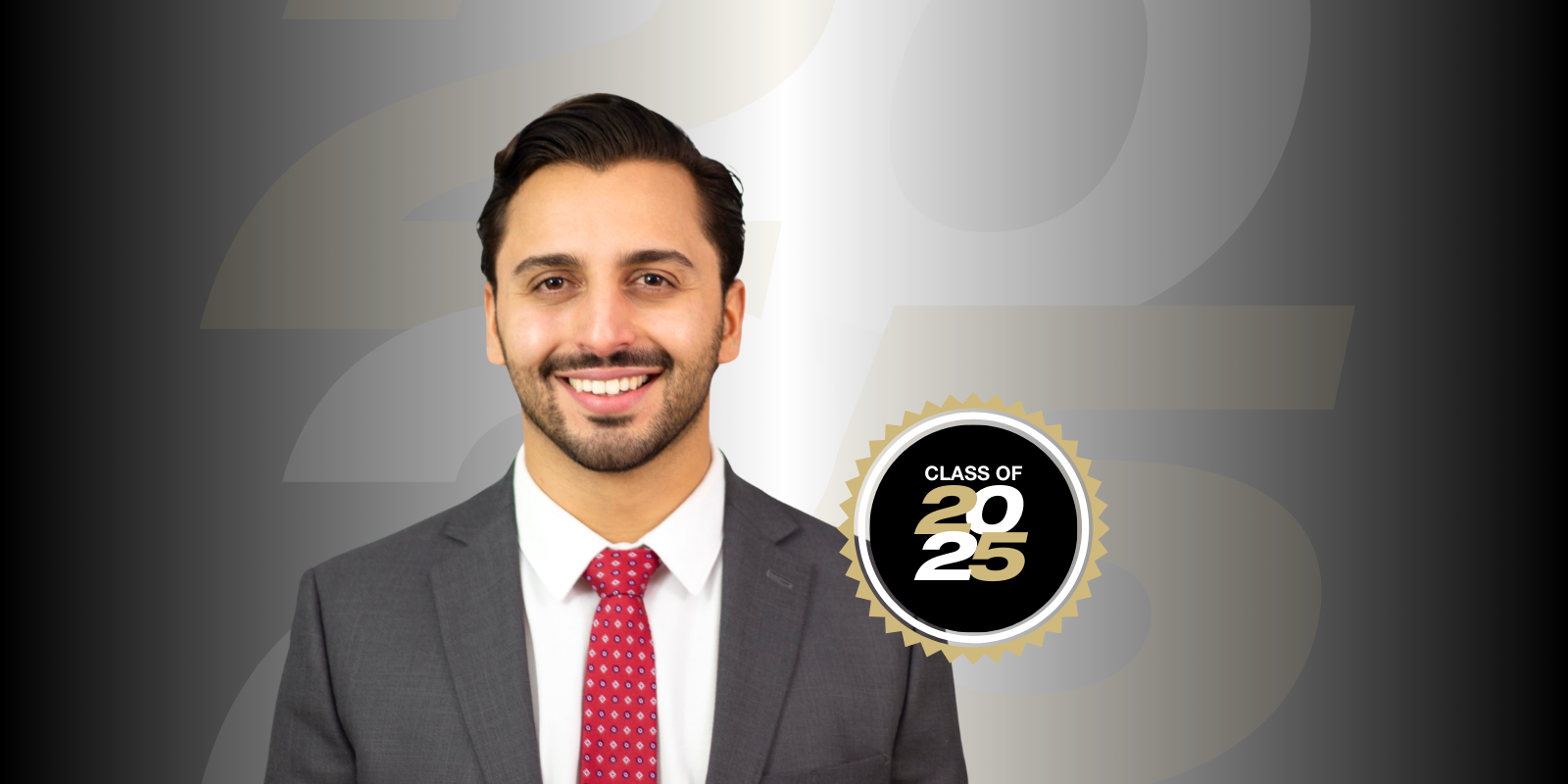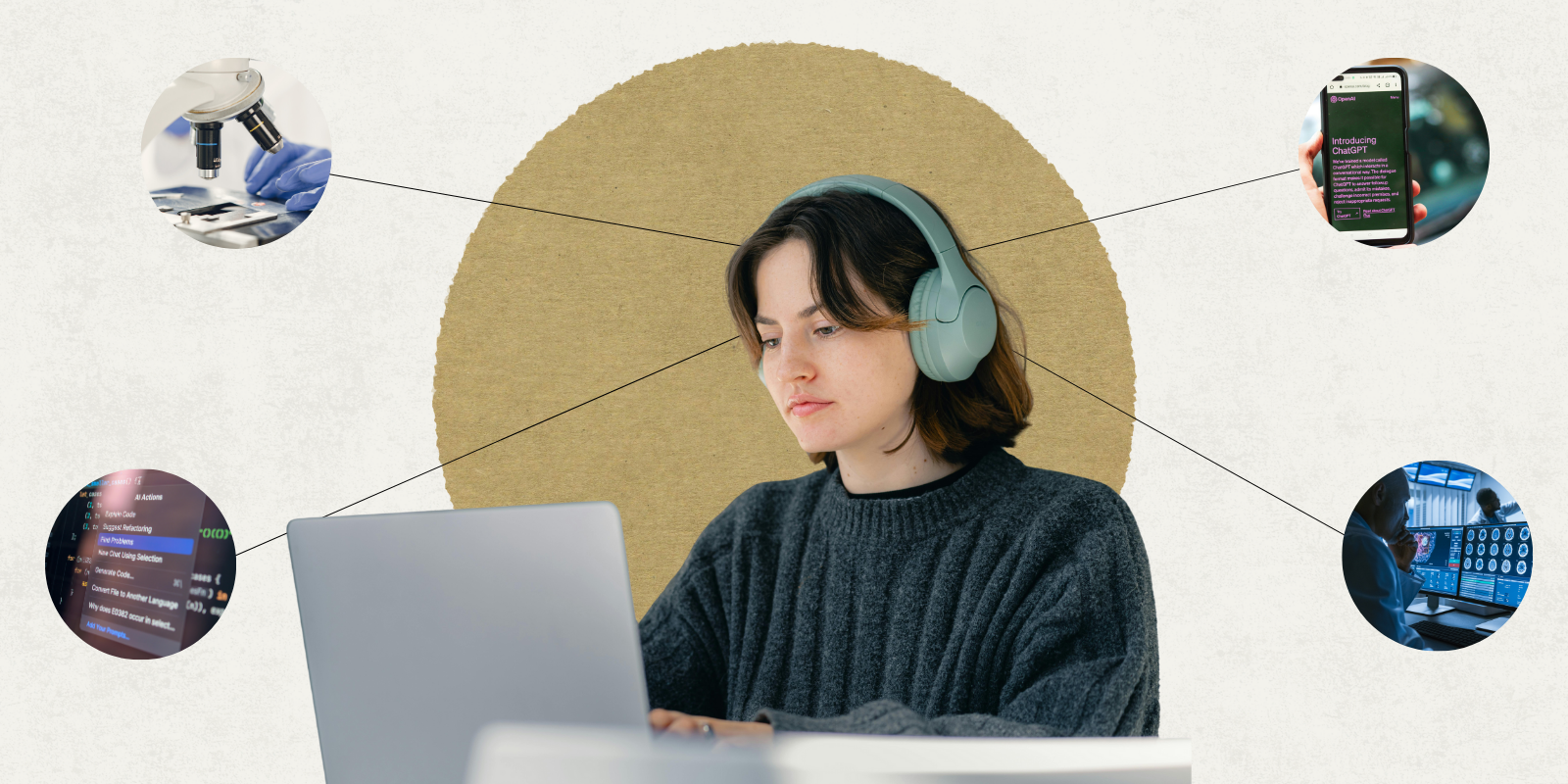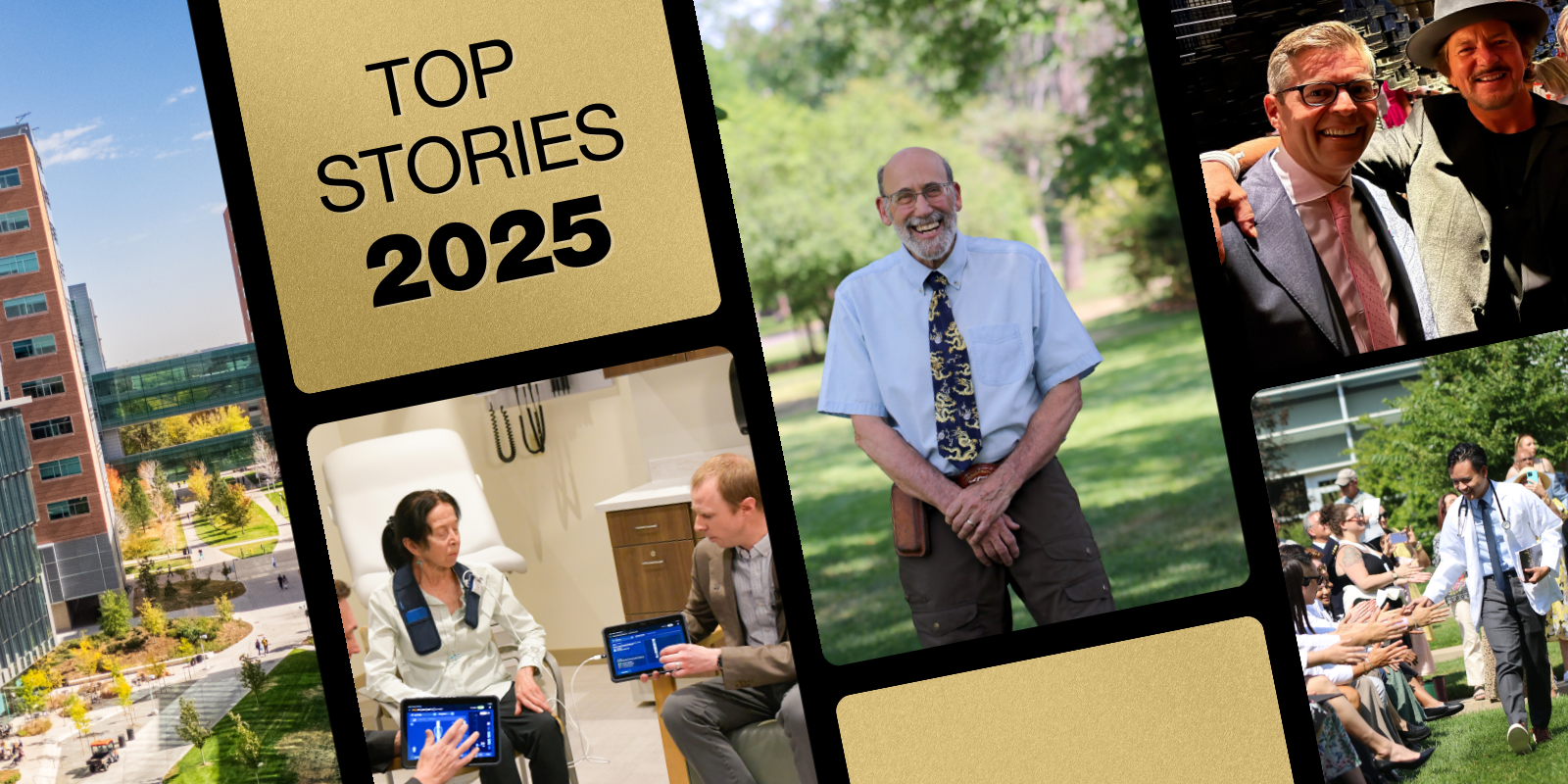Kassra Garoosi has always pictured himself in medicine for as long as he can remember, but it wasn’t until his work in medical device sales right after undergrad that he started putting the puzzle pieces together on where his future would lead.
On May 19, Garoosi will graduate from the University of Colorado School of Medicine and make his way back to his home state for a plastic surgery residency at the University of California, Los Angeles.
In the four years since that medical device sales job, Garoosi has cultivated a path toward a specialty he sees as challenging, exciting, and, rewarding.
“The combination of curiosity of the human experience and the rigorous coursework it takes to become a physician has always been appealing to me,” says Garoosi, who’s keenly interested in microsurgery. “It’s the perfect union of two spheres. You’re given the ultimate privilege of meeting patients of all walks of life and helping them through something that’s potentially very challenging for them.”
From sales to surgery
On Garoosi’s first night on trauma call as a sales representative, he distinctly remembers a distal radius fracture — commonly known as a wrist fracture — where doctors were missing necessary instruments to complete the surgery.
“We’ll figure it out,” Garoosi recalls the surgeon saying calmly to his team — and they did. The doctor and surgical staff improvised until they were able to finish the case.
“It was a moment that initiated my understanding of surgery as a discipline blending art with science,” Garoosi says. “My time as a medical device representative left me with two key realizations: I was captivated by the operating room environment, and I was drawn to procedures that required creative problem-solving.”
During medical school, Garoosi knew his calling would be plastic surgery. As a student, he led two multi-center studies under the Division of Plastic and Reconstructive Surgery in the CU Department of Surgery.
“Translating complex data into actionable improvements in patient care expanded my appreciation for the field and strengthened my commitment to advancing surgical outcomes,” he says. “My drive to integrate research with clinical practice grew during my home program rotation, where I was struck by plastic surgery’s ability to solve complex issues across diverse patient groups.”
Prioritizing patient outcomes
Garoosi is excited to dive into a residency that will be filled with honing his skills as a plastic surgeon and furthering his interested in research. He now has a strong foundation from his time at CU that was built on recognizing how important a variety of factors are in patient outcomes.
After the Taliban’s takeover in Afghanistan, which led to many refugees landing in metro Denver, Garoosi says he was called to use his medical and language skills to help new patients seeking care. As a volunteer, he helped establish and coordinate care for Afghan refugees. His ability to speak Farsi meant he could easily communicate with patients when others weren’t able to. It was also a nod to his own culture.
“My parents are Iranian immigrants, and I’ve always been surrounded by so much family and friends in a tight-knit community,” he says. “Seeing the reaction from patients and knowing that I could provide some comfort by just speaking their language was a special experience.”
Garoosi also spent his clerkship year caring for veterans, who often face complex care and have unique needs.
“Trauma-informed care was essential, and I had to integrate each patient’s history and well-being into the treatment plan. Through these efforts, I saw firsthand the significant impact of social determinants on health, which deepened my empathy for patients facing challenges beyond their diagnoses,” he says.
The experience reinforced how important each patient’s story is and how it impacts their recovery and overall health.
“We all have these incredible stories,” Garoosi says. “I want to be an endless learner as a person in medicine and I look forward to what the next chapter brings for that and for improving patients’ lives.”



